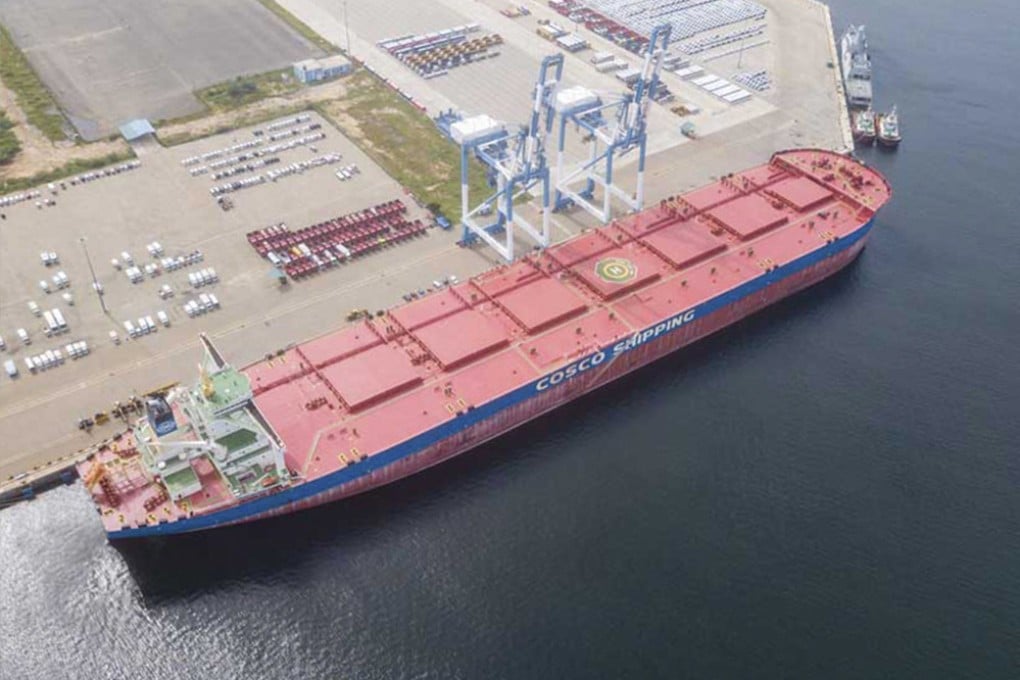A Chinese debt trap? Sri Lanka’s Hambantota port set to debunk narrative with its success
- The port has become a thriving transshipment hub in the Indian Ocean particularly for vehicles, with a turnover of 700,000 units a month
- Hambantota is also expected to play a bigger role in supporting the bunkering and oil refining business and has the potential to be a cruise hub

Because of its strategic location, Hambantota was perceived by some Indian and American commentators as a gateway exploited by China for military purposes.
Sri Lankan supporters of Hambantota, however, say the port has become a thriving transshipment hub in the Indian Ocean.
The Western narrative, according to the supporters, conveniently ignores a key aspect of the deal between Sri Lanka and China. The transaction was not contingent on default by Sri Lanka on its external debt to China’s Exim bank; rather it was a lease arrangement for 99 years at a fee of US$1.12 billion.

The money was used to strengthen Sri Lanka’s foreign reserves as the country was facing a balance of payments crisis due to huge borrowings from the International Bond Markets (ISBs) that are mainly controlled by US-based financial agencies.
